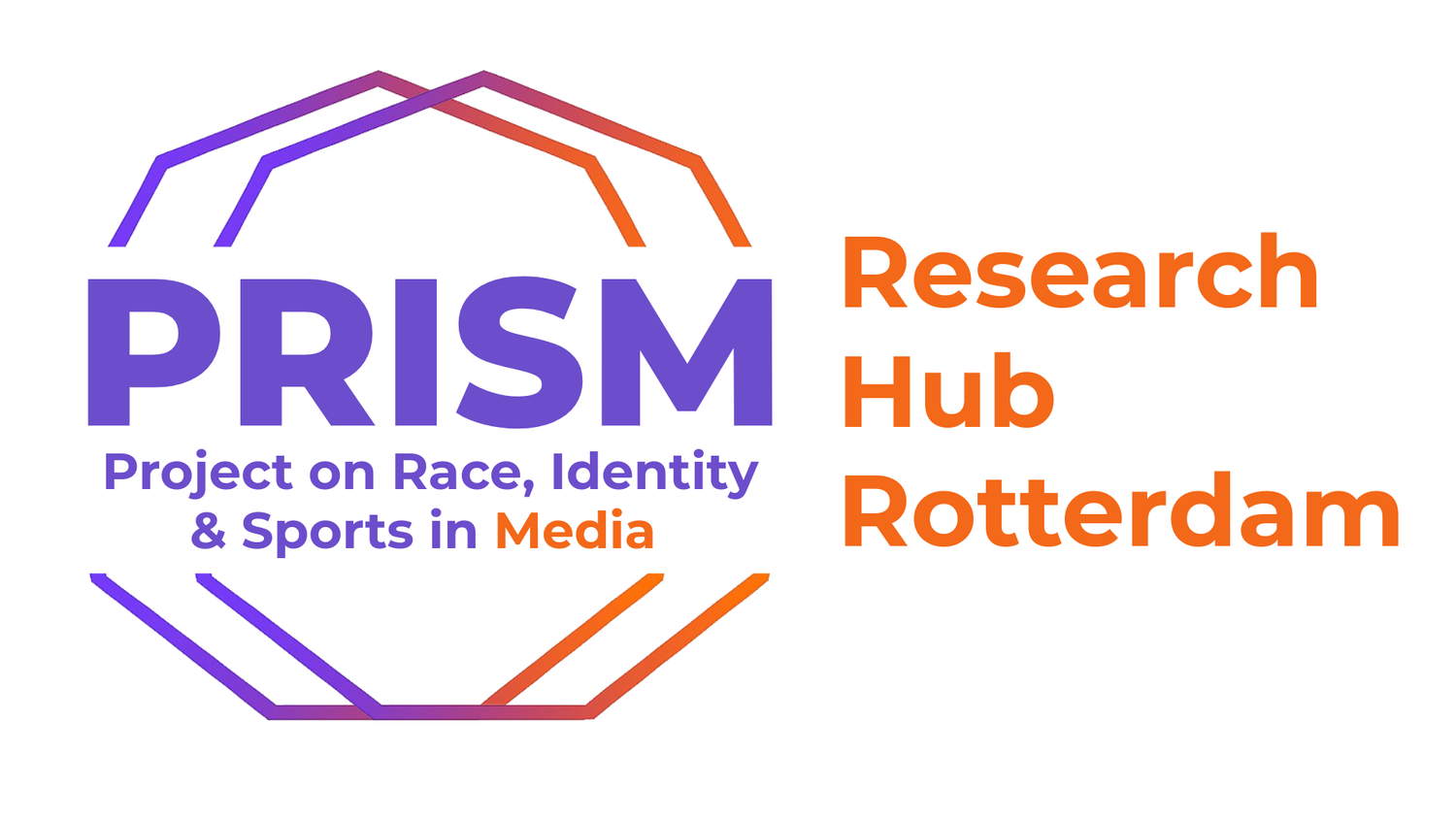
Explore our ongoing and past projects that connect sport, race, identity, and media through collaborative, critical, and socially impactful research.
Explore our projects
Race, Racism & Inclusion in European Football
(Chair on Race, Inclusion and Communication within the Erasmus School of History, Culture & Communication)
The research project is focused on uncovering the roots and role that race plays in European professional football. The project aims to investigate issues around racism and inclusion in the football context by grounding its analysis in empirical research and focusing on policy implications.
How Racist is Televised Football and do Audiences React?
Televised men’s football is an incredibly popular cultural site. It is also one of the most visibly mixed ethnic cultural practices. This research project investigated how this racial and ethnic diversity is given meaning to within football media, as well as focusing on production processes and audience receptions.
Football Video Gaming & Meanings Given to Race
This is a NEW ongoing project that explores how the popular EA FC football video game conveys and shapes ideas about race and ethnicity. It investigates both the game’s content and the role of streamers and developers in influencing racial perceptions within gaming culture.
Negotiating Belonging: Alternative Narratives Around Identity & Community Spaces in Dutch Sport Spaces
This project explores how sport shapes experiences of belonging and identity within diverse Dutch communities. By capturing the stories and perspectives of athletes and participants, it examines how people create connections and navigate inclusion and exclusion in everyday sport spaces. Through these alternative narratives, the project reveals how belonging can be built beyond dominant and homogeneous national discourses.
ROCIES: Rose of Culture in E/Elite Sport
We investigate how (E)top sports organizations make the (cultural) transition to a safe and inclusive sports culture and to a safe professional and personal development of (E)top athletes. To this end, we work with the ‘Rose Of Culture In E/Elite Sport’ model, or the ROCIES model (developed by Dr Smits, Hogeschool Utrecht). In this model, scientific knowledge forms the basis for an integral approach to identify safe as well as harmful sports cultures. The project includes playing a physical 'serious game', with a variety of stakeholders in the elite (e-)sports eco-system. Through playing this game, all participants engage with the topic and identify, address and discuss problematic as well as positive elements within their (e-)sports culture.
Antisemitism in Dutch Football
This research project examines how antisemitism has become embedded in Dutch men’s professional football. It looks at anti-Jewish language, imagery, and symbolism in stadiums, on social media, and during matchday rituals. It asks how antisemitic expressions and symbolism have become normalised in football fan culture, with a particular focus on embodied and affective experiences of discrimination in stadiums. It uses a multi-method approach. This includes ethnographic fieldwork and participant observation in stadiums, social media analysis, and qualitative interviews with Jewish and non-Jewish supporters, as well as football club representatives and policymakers.






